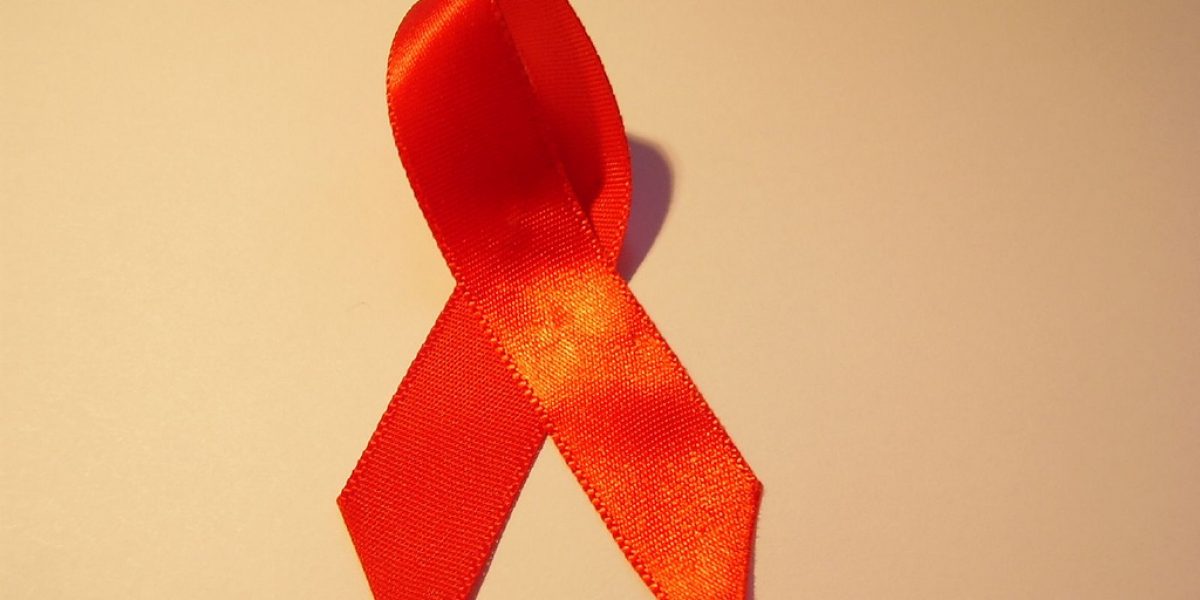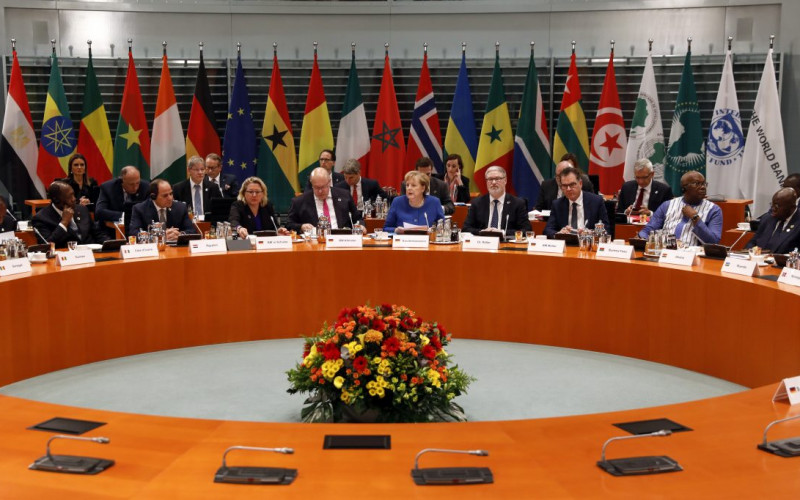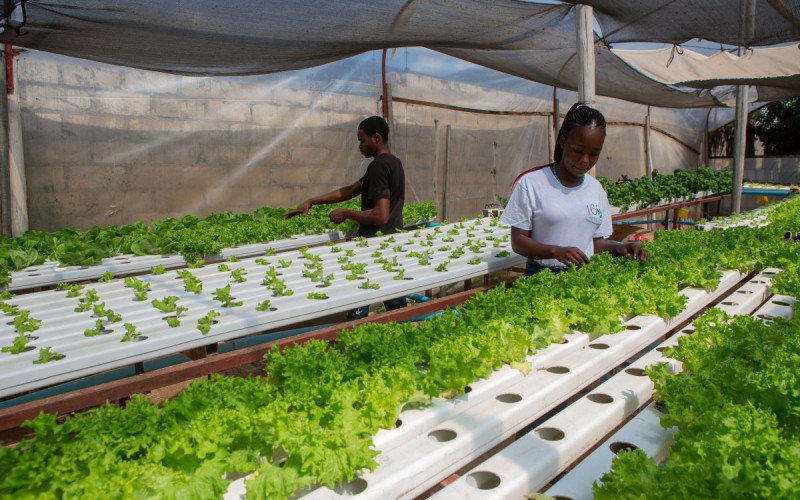A young man dances next to me. He is Alfred, an engineering student. ‘What are you doing in Uganda?’, he asks. I hesitate. I am doing stories on AIDS in six African countries, from Burundi to Zambia, and I know the A-word is a downer everywhere. But I say it. Alfred breaks into a toothpaste-ad grin. ‘Hey, we are doing well, aren’t we? Prevalence is down to 6%. Mine is going to be the first AIDS-free generation.’
We dance some more and he adds: ‘It is sad that so many people died. But things are better now.’ I have lost many a dancing partner to the A-word. AIDS, oh, bummer, and the fun is gone, whether in South Africa, Botswana or Burkina Faso. But not here. Alfred embodies the way Uganda deals with AIDS. He knew the prevalence rates. He made it a personal issue for himself and his peers. He acknowledged the suffering. He was having a good time, drank Fanta and did not appear to be looking for casual sex.
Behaviour change, the key to AIDS control, is a reality. Generally, Ugandans are having less casual sex and commercial sex, delay their first sexual encounters and have fewer partners. In a 2001 survey, only 12% of married men and 2% of married women reported sex out of marriage.
Among unmarried youth aged 15-19, 8 out of 10 reported not having had a sexual partner in the previous year. The median age at first sex has been rising, especially among males. In 1995 it was 17.6 years for men and 19.4 in 2001. For women, 16.1 years and 16.8, respectively. Condom use has risen, especially with non-regular partners. By 1997, the number of people exchanging sex for money in Kampala and Jinja had been halved.
Alfred is a product of Uganda’s open approach to AIDS – its most powerful weapon against the epidemic. Said Peter Okwero, HIV/AIDS adviser with the World Bank: ‘The policy of openness, as a country and as individuals, was the foundation of Uganda’s response. No other country in Africa has been so open.’
Openness encouraged public debate, broke down taboos on discussing sex and sexuality, and encouraged acceptance of HIV-positive people. It mobilised international support and enabled officials, politicians and civil society to tackle the epidemic. It has enabled Alfred to keep on dancing while talking about AIDS.








